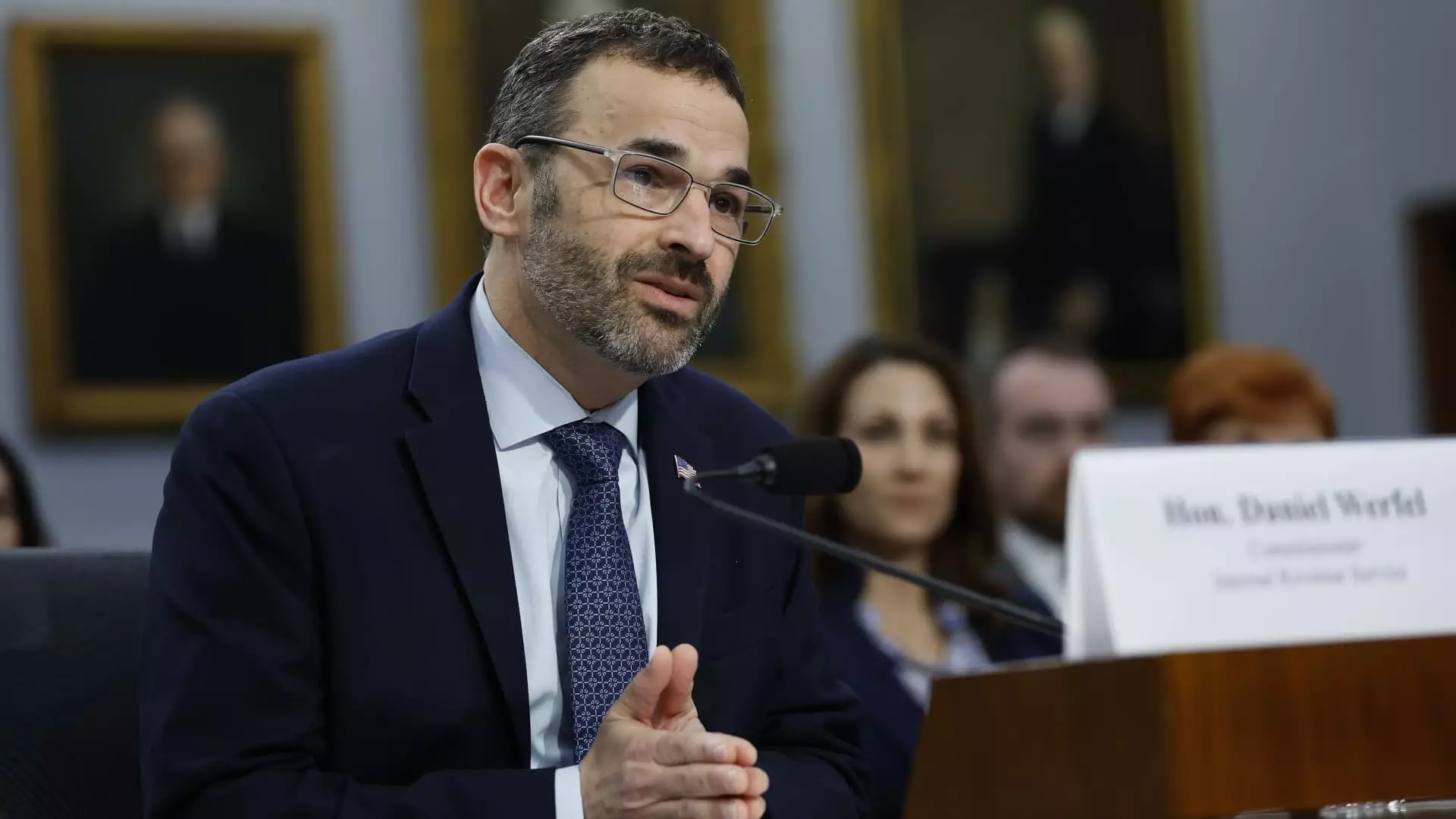The U.S. Department of the Treasury and the IRS have recently revealed a plan aimed at closing a significant tax loophole used by large, complex partnerships. This move is expected to generate more than $50 billion in tax revenue over the next decade. The focus of the plan is on combating “related party basis shifting,” a practice where businesses operating through multiple legal entities manipulate original purchase prices on assets to maximize deductions or minimize future gains.
Key Details of the Plan
The proposed regulations are a result of a year-long study conducted by the agencies on the issue of basis shifting. The initiative also includes the release of a revenue ruling that addresses related-party partnership transactions involving basis shifting without “economic substance” for the parties involved. This effort is part of a larger strategy by the IRS to increase audits on wealthy taxpayers, large corporations, and complex partnerships, with the goal of enhancing tax fairness and reducing the deficit.
U.S. Secretary of the Treasury, Janet Yellen, emphasized the importance of addressing high-end tax abuse from all angles. She stated that the proposed rules would contribute to increasing tax fairness and closing the tax gap. Pass-through business filings with assets exceeding $10 million saw a 70% increase between 2010 and 2019. However, the audit rate for these partnerships declined significantly during the same period, indicating a gap in enforcement measures.
Impact on Tax Policy
The announcement coincides with President Joe Biden’s economic advisor unveiling key principles for tax policy, with a focus on sustained funding for the IRS. The administration aims to ensure that ultra-wealthy taxpayers pay their fair share and adhere to the same rules as other taxpayers. White House National Economic Council advisor, Lael Brainard, stressed the importance of maintaining the President’s investment in the IRS to uphold tax compliance and equity.
IRS funding has been a contentious issue, with Republicans targeting it since the approval of significant funding through the Inflation Reduction Act. The proposed regulations and focus on closing tax loopholes are likely to face political scrutiny, but they represent a concerted effort by the government to address tax avoidance and increase revenue collection.
The plan to close the major tax loophole by the U.S. Department of the Treasury and the IRS demonstrates a commitment to enhancing tax fairness and compliance among high-income taxpayers and large partnerships. The proposed regulations and enforcement measures are aimed at reducing the tax gap and ensuring that all taxpayers contribute their fair share to the nation’s revenue.

